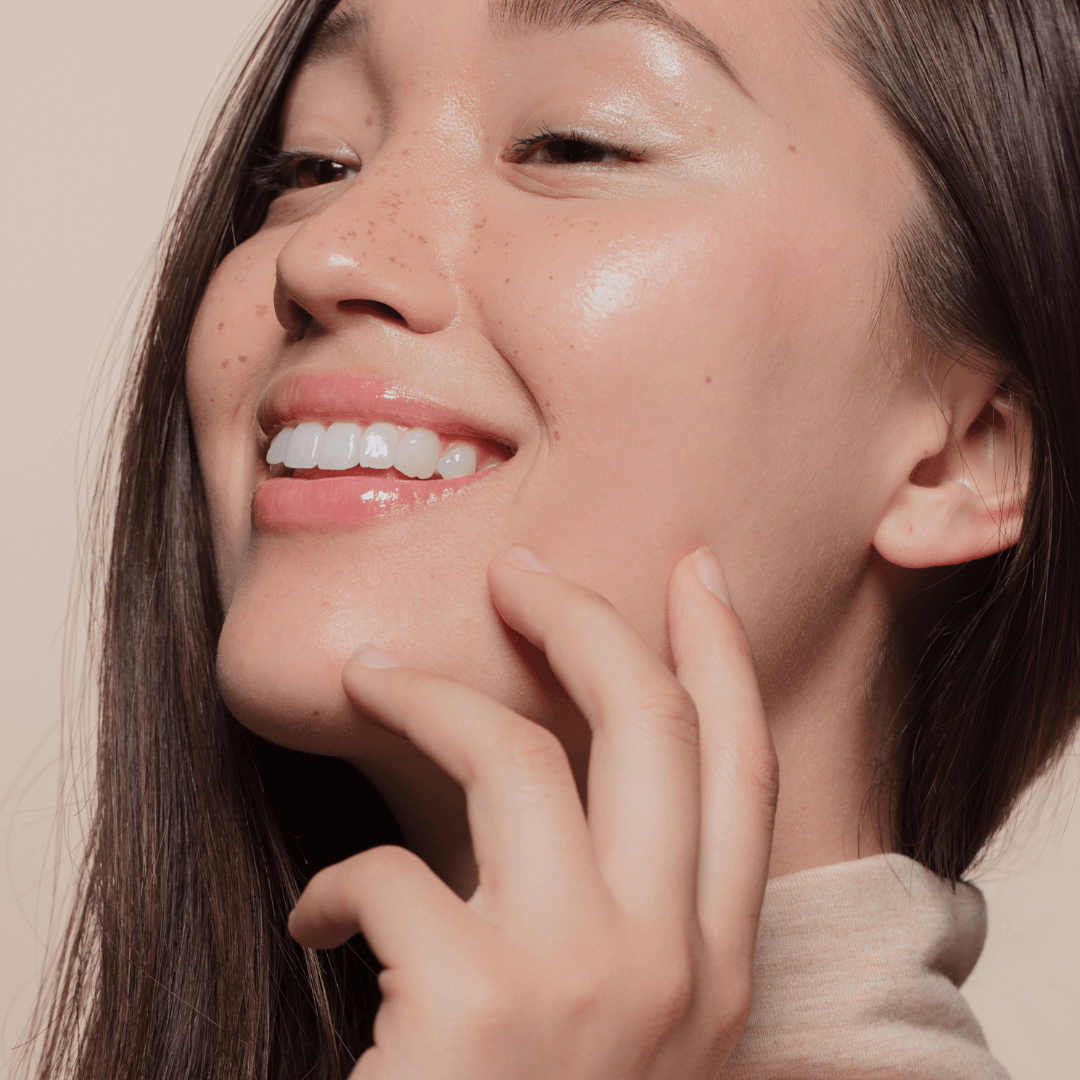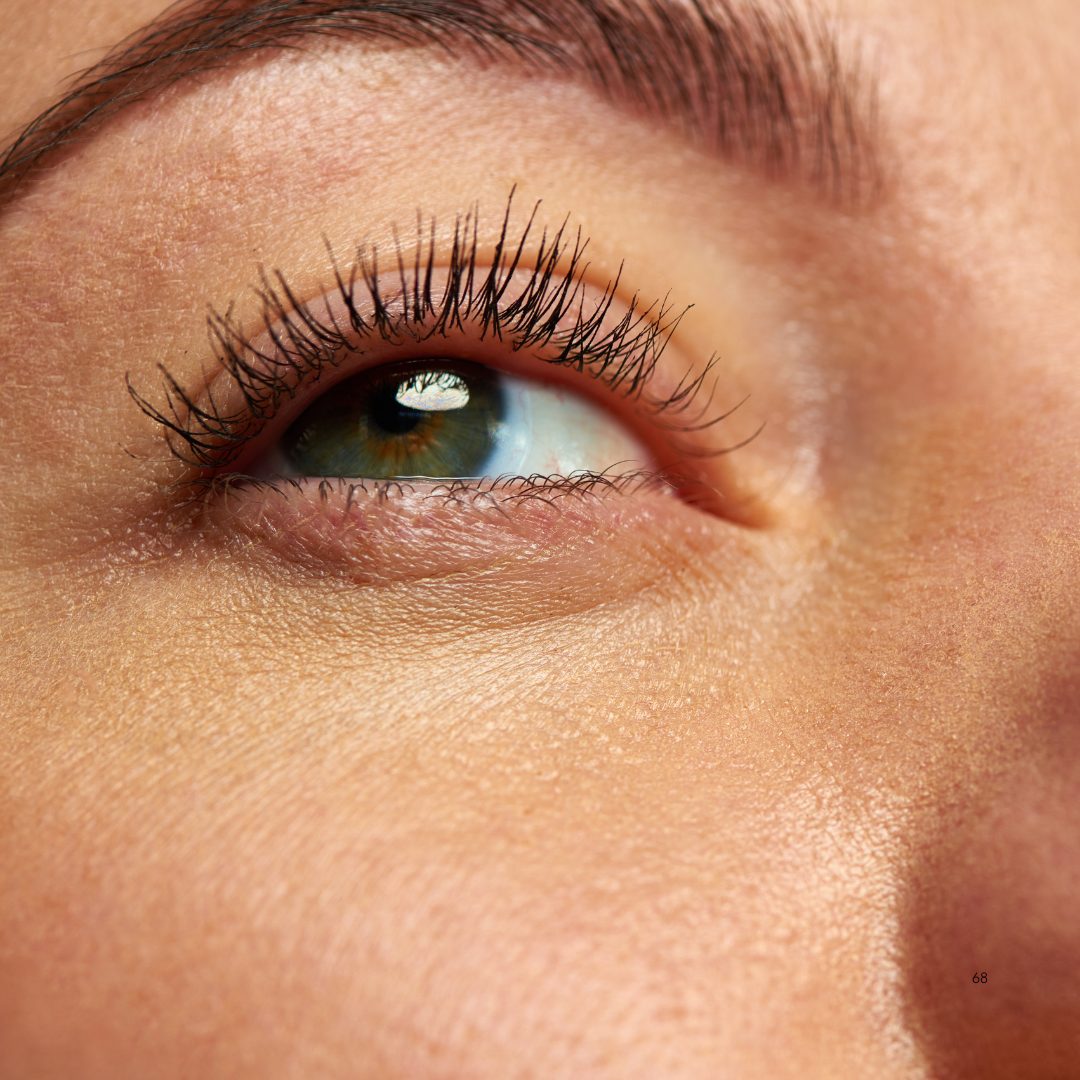Ok let’s get stuck in to the most exciting supplement in regenerative medicine! Collagen! There’s a lot of buzz about collagen online but does the science back up the buzz? Do they really work? Are they really the fountain of youth? Let’s get stuck in!
Firstly, think of how important the health of your collagen is. Collagen is the single most abundant protein in the human body and makes up over 75% of your skin’s dry weight! Collagen is what gives skin a bouncy dewy glow. As we age, there’s a decline in the quality and quantity of collagen. This occurs at a microscopic level but over time we start to see the changes in our skin. What do we see? Duller skin. Ageing. Sagging. Fine lines. Wrinkles. Dry skin. These changes aren’t inherently bad and don’t bother many people but some people may feel a little down when they see these changes creep in. Should we try to erase our skin and faces of the signs of ageing entirely? Absolutely not. Ageing is a privilege and beautiful. But taking steps to aid the process of ageing vibrantly is ok too. So, can collagen supplements help with this?
A large study in 20191 of over 800 mostly female patients very clearly concludes that yes, collagen supplements do work! Hurrah! What were the main findings? Hydrolysed collagen peptides:
- increased hydration and elasticity of the skin
- increased dermal density of collagen
- significantly reduced eye wrinkles
- increased hydration content of the stratum corneum
- reduced breakdown and fragmentation of existing collagen
- improved firmness and reduced appearance of cellulite
- improved wound healing
Results in this study started to show at 4 weeks but this was at microscopic levels. It personally took me about 6 months of consistent use before appreciating changes when looking in the mirror.
How exactly do collagen peptides cause these skin changes?
When oral hydrolysed peptides are ingested, they are absorbed to the blood stream and migrate to the skin to get to work. Hydrolysed collagen peptides induce collagen and elastin synthesis a the level or mRNA transcription and protein translation, increasing expression of elastin and procollagen type 1. This results in stronger collagen fibrils, enhanced production of hyaluronic acid by dermal fibrobalsts and increased water content of the stratum corneum. Furthermore, hydrolysed peptides also inhibit collagenase and elastase, enzymes which breakdown collagen and elastin. They also induce antioxidative action in the skin protecting the skin from oxidative stress and free radical damage which causes ageing. In English please, Doireann?! Collagen peptides basically promote new collagen formation and stop breakdown of existing collagen. Note that these changes are seen with hydrolysed peptides only. Larger proteins don’t have the same effect.
Are Collagen Supplements not just broken down by enzymes in the digestive tract?
Great question but the answer is no. Because hydrolysed collagen peptides are already broken down and already hydrolysed they are too small to be broken down further. They escape further hydrolysation and enzymatic breakdown. They are absorbed and detected in the blood stream shortly after oral ingestion and detected in the skin for as long as two weeks post ingestion.
What dose should I take and should I go for marine or bovine?
The studies show that doses from 2.5g-10g have a positive impact on skin ageing and hydration. When it comes to marine or bovine, Type 1 Marine collagen is best for skin. There are some concerns regarding zoonosis (passage of disease from animals to humans) when it comes to bovine collagen so I stick strictly with marine.
Is it the fountain of youth?
Unfortunately, nothing is the fountain of youth! Ageing is inevitable but a glorious and beautiful privilege. As I said, the aim isn’t to rid our skin of signs of life and living! It’s just about taking care of our skin so it’s as healthy, radiant and supple as it can be. Skin care, like all health care, is multifactorial. The key players in skin care are:
- wearing sunscreen daily
- not smoking or vaping
- limiting alcohol and sugar consumption
- consuming a diverse, balanced diet with plenty of fruit and veg for antioxidative action
- adding supplements like collagen, omegas and CoQ10 for bonus points and added glow!
See our range of dermatologist approved collagen supplements
1. Choi FD, Sung CT, Juhasz ML, Mesinkovsk NA. Oral Collagen Supplementation: A Systematic Review of Dermatological Applications. J Drugs Dermatol. 2019 Jan 1;18(1):9-16. PMID: 30681787.





